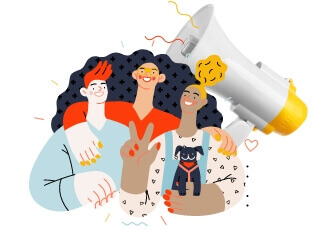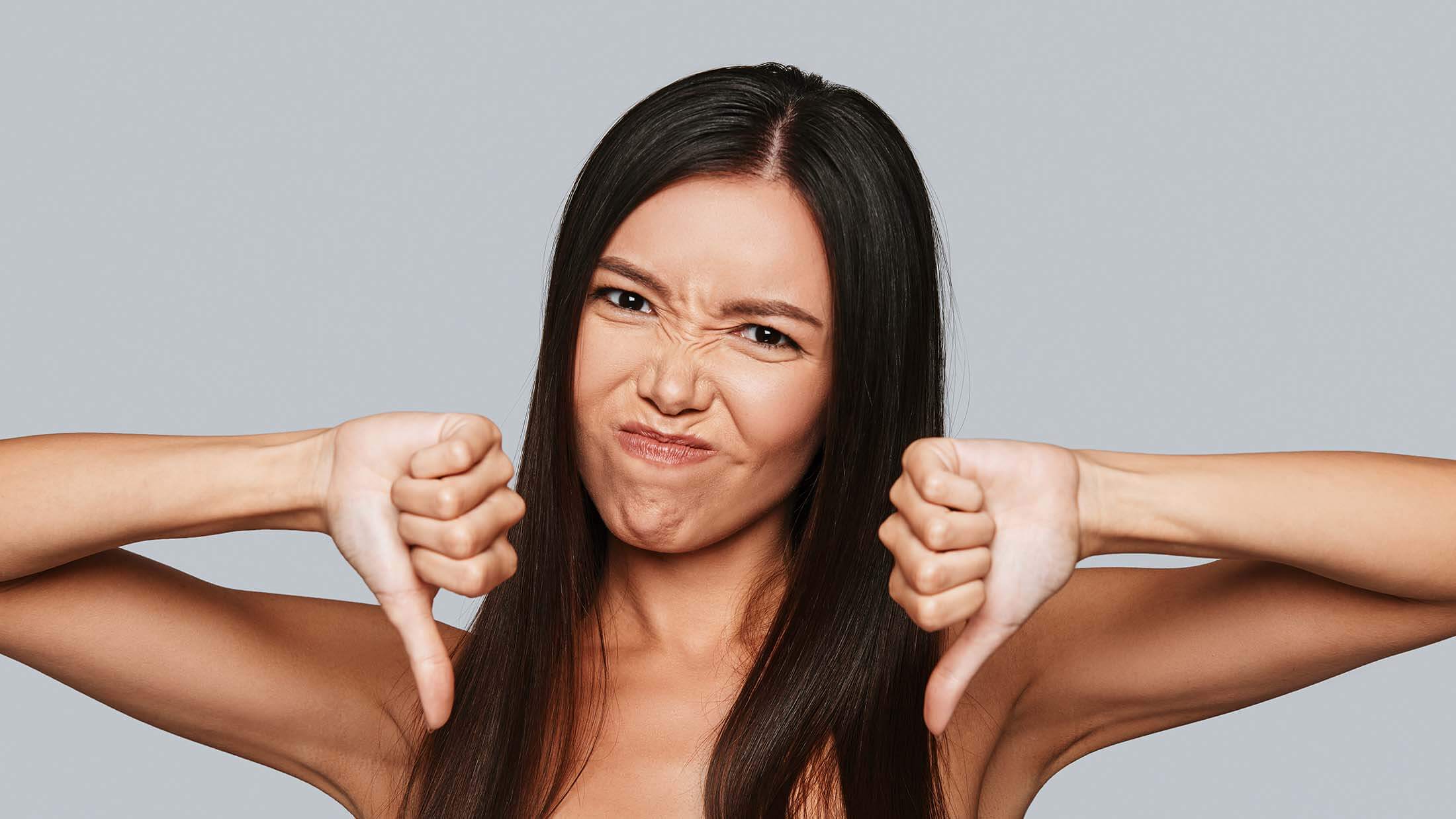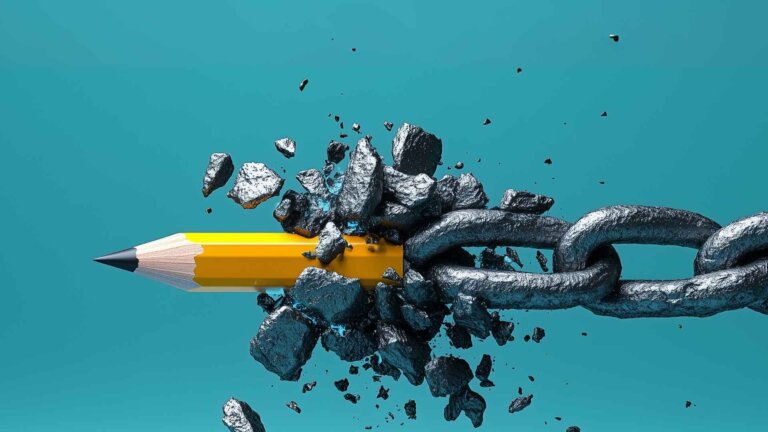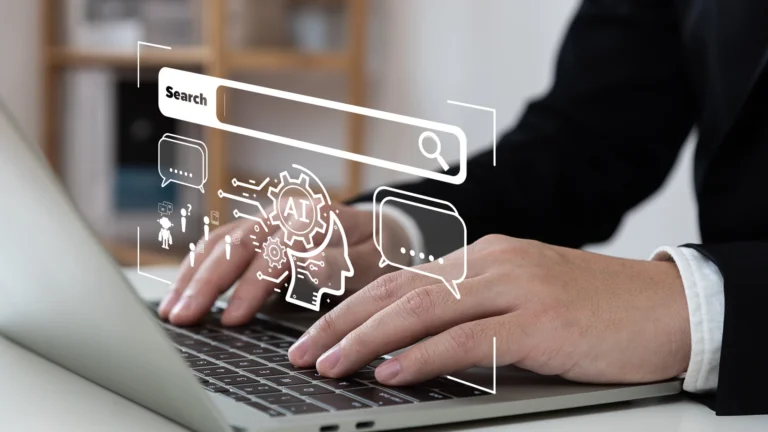Everyone makes mistakes. But when companies pay someone to represent them, those mistakes can be costly — both for the influencer and the brand. For celebrities in the age of social media, thousands or even millions of people may see their slip-ups before they even realize what happened.
As more companies use influencer marketing to drive business, the number of social media campaign blunders will increase. In this post, we discuss celebrity endorsement social media fails, their implications for business, and how brands can bounce back from even an epic flop.
Celebrity endorsement fails
In the pre-social media era, celebrity endorsements were often heavily controlled, big-budget affairs. While fails were still possible — like Michael Jackson’s hair catching on fire during the filming of a Pepsi commercial — they weren’t everyday occurrences.
Nowadays, however, everyone can be a videographer, photographer, copywriter, editor, and PR rep. It doesn’t always go well. Below are some of the biggest celebrity sponsorship flops in recent memory.
Adidas and Naomi Campbell
Anyone who has cut and pasted too quickly will feel for Naomi Campbell on this one. As part of their partnership, Adidas sent Campbell suggestions about what to say in a sponsored post on her Instagram channel.
Campbell posted a picture of herself with a pair of Adidas and tagged the company, as requested. The problem? Instead of just posting a natural-sounding caption endorsing the brand, she also included instructions from the company on what to say. Oops!
Bootea and Scott Disick
A similar Instagram fail by Scott Disick accidentally lifted the veil on his relationship with the fitness drink company Bootea. Disick posted a photo of himself with a Bootea protein shake alongside the caption, “Here you go, at 4pm est, write the below.” This mistake is now famous as one of the all-time social media influencer failures.
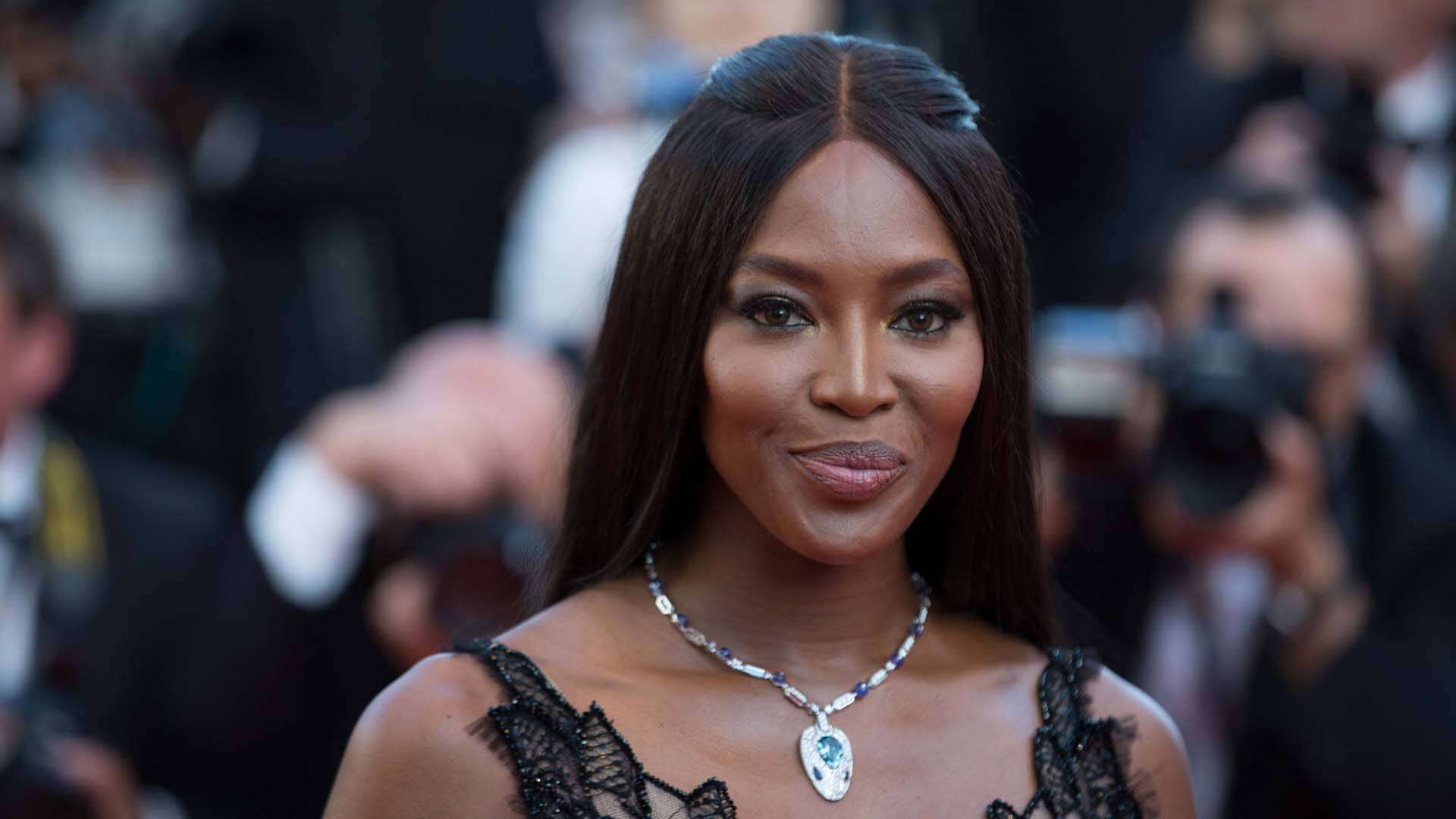
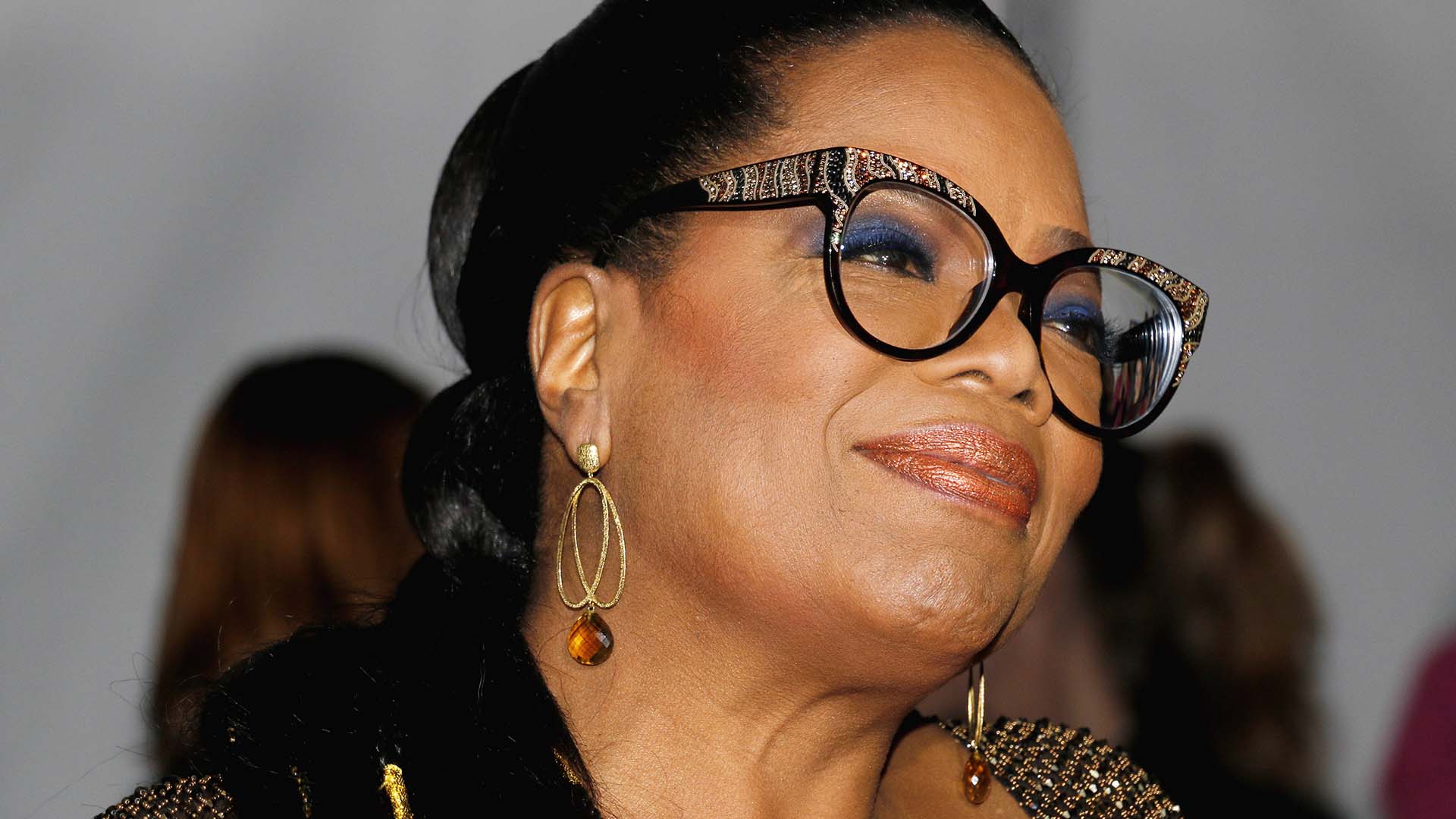
Img Source: Shutterstock
Microsoft and Oprah Winfrey
While not a case of copy-and-paste gone wrong, Oprah Winfrey’s casual tweet also revealed too much information. In 2012, she posted that she loved the Microsoft Surface so much that she had already bought 12 for Christmas.
What’s the problem? She made the post using a competitor’s device, as clearly evidenced in the bottom of her tweet: “via Twitter for iPad.”
Samsung and LeBron James
It’s hard to remember that everyone is paying attention to everything you do online. But if you’re as famous as LeBron James, forgetting can have major consequences.
His high-octane endorsement of the Samsung Galaxy Note backfired when he thoughtlessly posted a scathing indictment of the product. “My phone just erased everything I had in it and rebooted. One of the sickest feelings I’ve ever had in my life!!!”
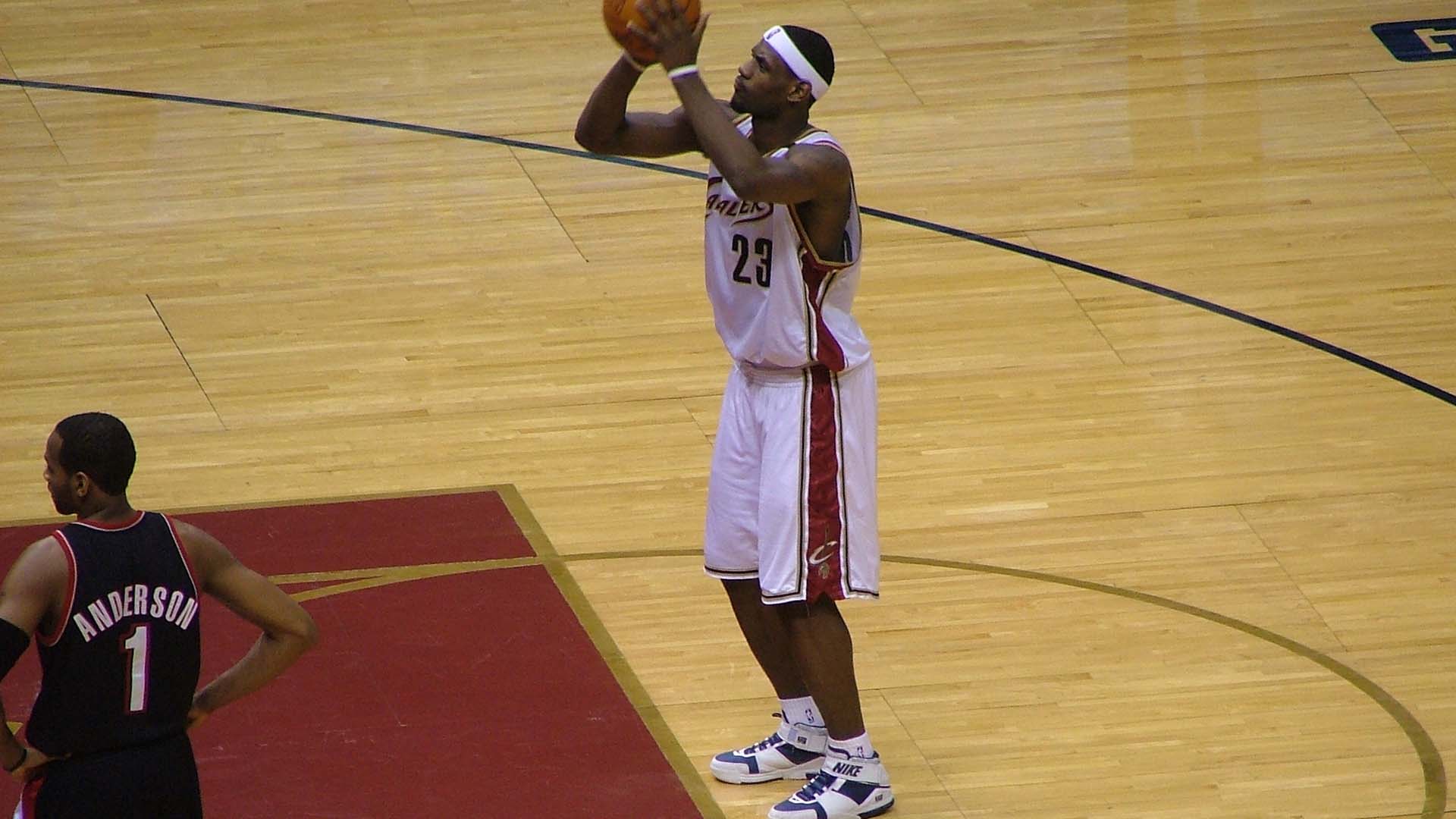
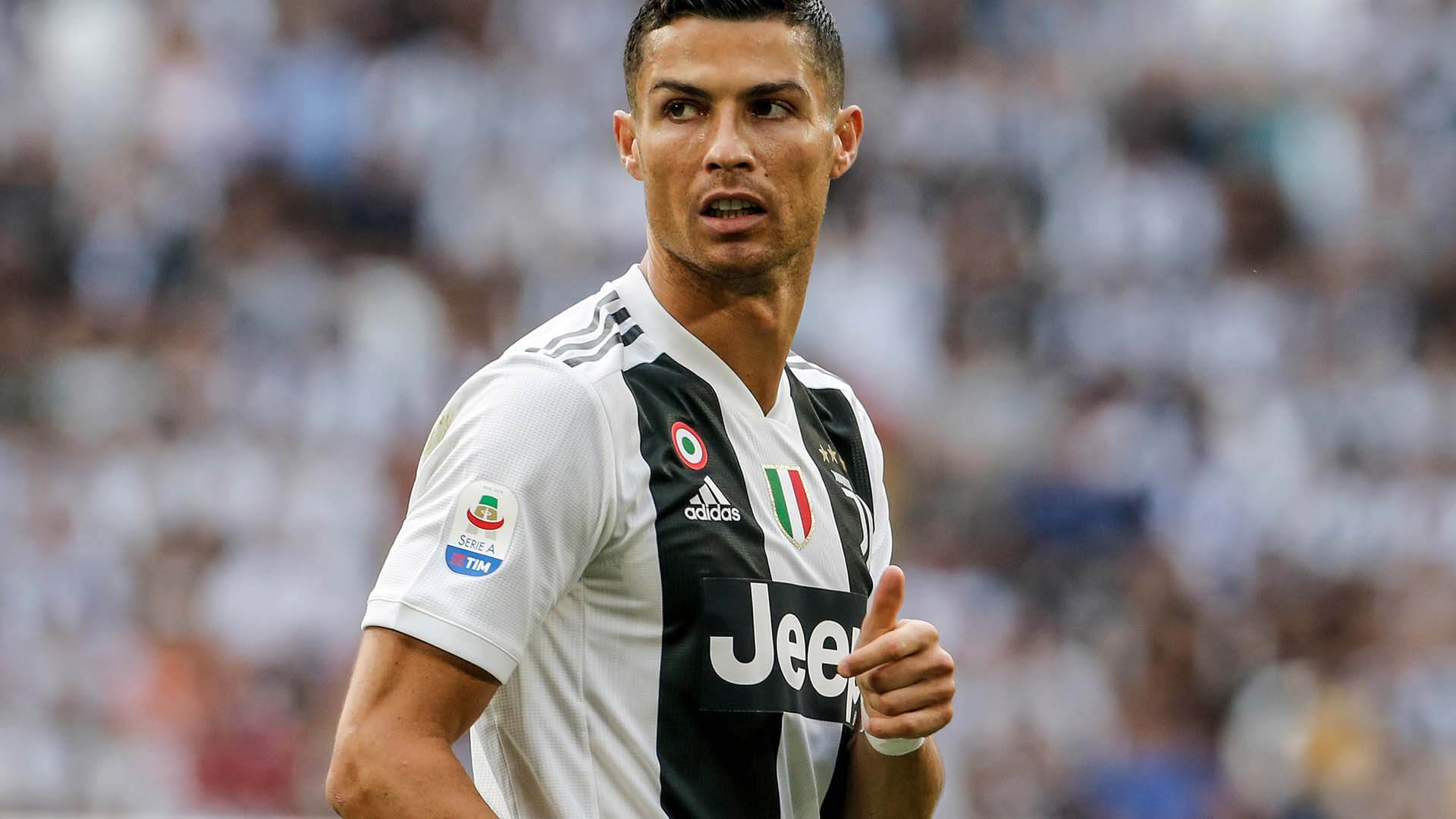
Img Source: Shutterstock
Coca-Cola and Cristiano Ronaldo
Although Cristiano Ronaldo was not a paid Coca-Cola endorser at the time, a move he made had a big impact on the soft drink giant. As a major sponsor of the UEFA Euro 2020, Coca-Cola had two branded bottles displayed prominently in front of Ronaldo at a press conference.
The soccer superstar went out of his way to replace the sugary drink with water and say, “No Coca-Cola.” This simple gesture cost Coca-Cola a whopping $4 billion in market value.
Implications of endorsement lapses

When a celebrity makes an endorsement mistake — or criticizes a product outright — it has several potential negative implications. Specifically, celebrity endorsement social media fails can result in the following:
Decrease in brand and celebrity reputation
In our cancel-culture society, bringing a person or brand down doesn’t take much. Lebron James complaining about his cell phone disaster obviously makes his sponsor, Samsung, look bad. At the same time, endorsing a product he doesn’t believe in would make James look like a sellout.
A seemingly innocent text may have cost Samsung ground in its race against Apple. It may have also caused James reputational damage among his followers — or future sponsors. When a celebrity endorsement backfires in a major way, it could even end the relationship between a sponsor and an endorser.
(In this case, however, James realized his error, deleted the tweet, and followed up with a post indicating that he got all his information back.)
Leaving customers
Emotional connections in marketing can serve as powerful motivators for customers to stay with you, buy more from you, and recommend you to friends and family. Whether your brand appeals to a customer’s sense of freedom or resonates with their desire to protect the environment, positive emotional motivators matter.
The flip side is also true. Today’s consumers are increasingly savvy, demanding authenticity and transparency from companies. They are quick to call out hypocrisy, phoniness, and deceit. If a celebrity endorsement gone wrong makes a customer feel “icky,” they may buy less from your store, engage less from your brand, or even leave forever.
Financial blunders
While mega-watt celebrities have the power to make businesses millions, they also can cost them millions — even when they have no formal relationship with them.
Just like Ronaldo did with Coca-Cola, Kylie Jenner made a tiny gesture that cost a company in a big way. In 2018, Jenner tweeted, ”Sooo does anyone else not open Snapchat anymore? Or is it just me… ugh this is so sad.” Nearly instantly, Snapchat (which Jenner had no commercial ties to) dropped $2 billion in stock prices.
In some cases, financially costly influencer endorsement fiascos are caused by scandals. When famous people behave poorly at work or at play, the companies they represent can suffer decreased sales, and the celebrities may lose their endorsement contracts.
Importance of detail in social media posts
Crafting a winning social media strategy involves extensive, high-level planning. You must define your business goals, set social media targets, identify your audience, choose your platforms, and create a well-timed flow of engaging, meaningful content.
While thinking big is essential in marketing, so is thinking small. As the cases of Disick, Campbell, and Winfrey show, the devil is in the details. Social media amplifies everything and keeps it around forever. Small mistakes can have outsized consequences, so detail orientation is key.
Authenticity in influencer marketing
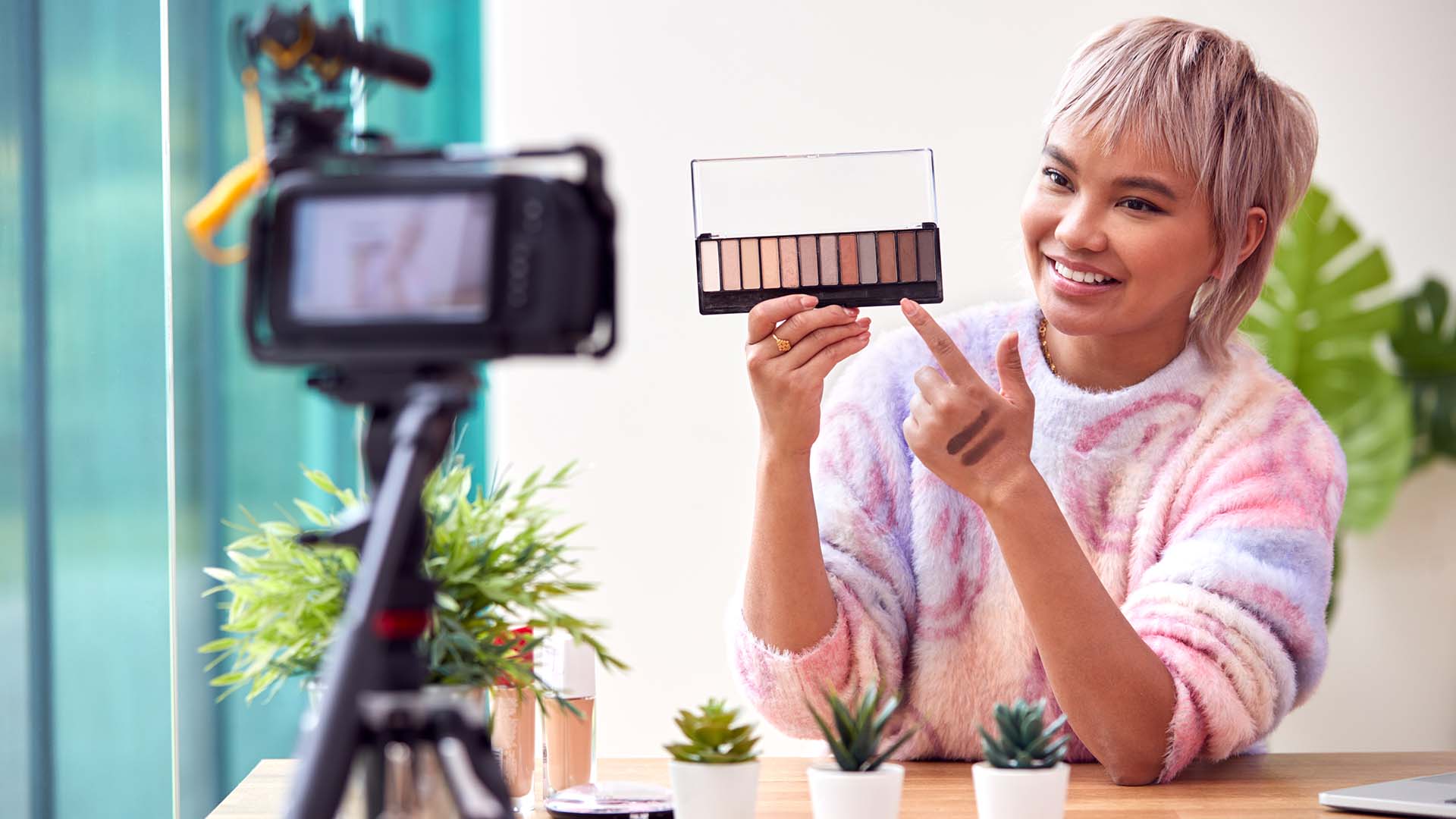
Word of mouth has long been the most valuable kind of marketing. When a friend, relative, or coworker recommends a product, they have no reason to lie. They are not receiving money for their recommendation, so we tend to trust their advice.
Social media influence is like personal word of mouth multiplied by thousands or millions. It works because famous people have large audiences who like them, feel they know them, and trust their advice.
When it becomes obvious that a celebrity receives money to endorse products they may not even believe in, that trust erodes quickly. Rather than viewing them as a credible friend, followers may see them as just another paid salesperson. As a result, your business may lose people early in the customer journey.
QA and internal feedback
Since we all live with social media 24/7, it can be tempting to treat it casually. But businesses must take social media as seriously as they would any other form of marketing. That means thinking carefully about the following:
- Creating a style guide for social media voice, messaging, brand, and aesthetics
- Implementing a social media approval process
- Determining your social media decision-makers and chain of command
- Introducing a quality assurance checklist that includes adherence to the style guide, proofreading, metric tracking, and monitoring the post for engagement, comments, or concerns
When it comes to influencer marketing, the best step businesses can take is choosing an influencer who aligns organically with the brand. While this won’t always prevent celebrity marketing mistakes from occurring, it ensures you have a shared foundation to build on.
Learning from mistakes
From minor typos to haphazard endorsements, brands make mistakes all the time. It is important to learn from them to avoid similar slip-ups in the future.
You may not want to rehash the incident, but the first step in learning from social media mistakes is analyzing them. What went wrong, and why did it go wrong? Regardless of whose mistake it was, could you have done anything to prevent it?
An essential part of this process is listening to your audience. While negative social media comments can feel like a brand disaster, they are also an invaluable source of feedback. They give you direct insight into customers’ motivations, pain points, and expectations.
Bouncing back from a failed social media advertisement
Mistakes are inevitable. We at Connective Web Design recommend you have a plan to handle them. If your blunder hurt, inconvenienced, or disappointed your audience, start by acknowledging it and apologizing sincerely.
Today’s customers (and followers) expect transparency and humility. They will notice if you move on as if nothing has happened. Respond to negative comments rather than ignoring or deleting them.
Then, use what you’ve learned to inform your decisions moving forward. Adjust your course of action and communicate your plans to your audience. With corrective action, you can move past celebrity endorsement social media fails — and even bounce back stronger than ever.


